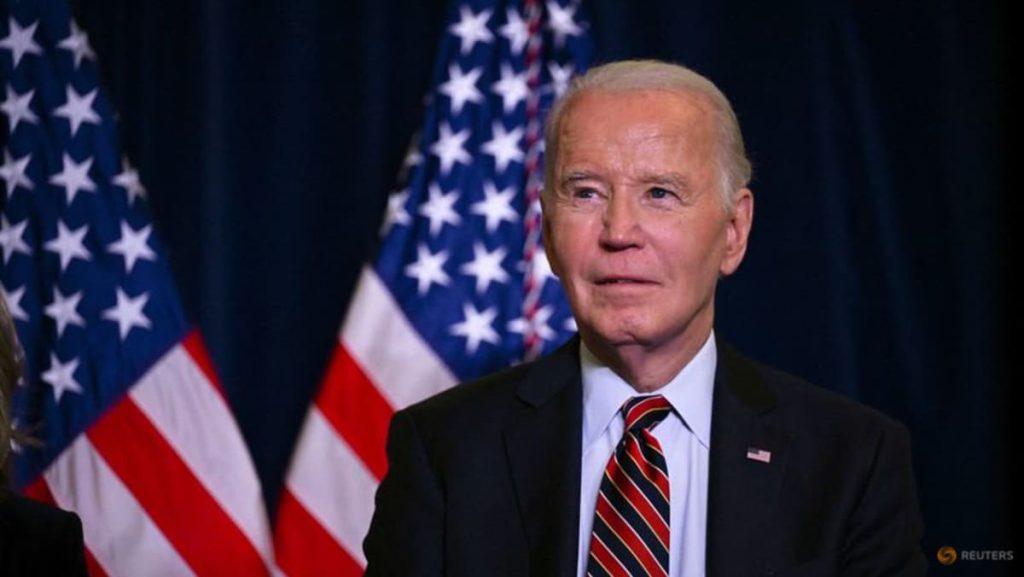The outgoing Biden administration has authorized a substantial defense assistance package for Taiwan, totaling $571.3 million. This decision, announced just weeks before Donald Trump’s inauguration, underscores the complex relationship between the US, China, and Taiwan. While the US does not formally recognize Taiwan as an independent nation, it remains a crucial strategic partner and the island’s primary arms supplier. This latest assistance package, authorized through a presidential drawdown, allows for the transfer of defense articles, services, military education, and training to bolster Taiwan’s defense capabilities. The specific details of the package remain undisclosed, but its timing and significance are undeniable given the escalating tensions in the region. This move follows a similar aid package of $567 million approved just three months prior, highlighting the consistent US commitment to supporting Taiwan’s defense.
China’s reaction to this development is predictable, given its long-standing claim over Taiwan and its consistent opposition to any form of international support for the island’s autonomy. Beijing views such assistance as interference in its internal affairs and a challenge to its “One China” policy. China’s military activities around Taiwan have intensified, with near-daily deployments of fighter jets, drones, and warships, demonstrating its resolve to assert its claim. Recent reports indicate large-scale maritime drills conducted by China in the region, further escalating tensions and underscoring the strategic importance of the Taiwan Strait. These actions, coupled with increasingly assertive rhetoric regarding “unification,” have raised concerns about the potential for military conflict in the region.
This latest US aid package reflects the ongoing geopolitical balancing act in the region. The US walks a tightrope, aiming to support Taiwan’s defense without provoking a direct confrontation with China. The timing, so close to a presidential transition, adds another layer of complexity. It’s unclear how the incoming Trump administration will approach the Taiwan issue, but this decision by the outgoing Biden administration sends a strong signal of continued US support for Taiwan’s self-defense. It reinforces the message that the US considers Taiwan’s security vital to regional stability and will continue to provide the necessary resources to deter aggression.
The escalating tensions between China and Taiwan have drawn increasing attention from international observers. China’s growing military assertiveness and its rhetoric about unification have heightened concerns about a potential military conflict. The US, while seeking to avoid direct confrontation, remains committed to supporting Taiwan’s ability to defend itself. This commitment is not only a reflection of the US’s strategic interests in the region but also its broader commitment to democratic values. Taiwan, a thriving democracy, represents a stark contrast to China’s authoritarian system, further complicating the relationship.
The Pentagon’s recent report, highlighting China’s amplified diplomatic, political, and military pressure on Taiwan, provides a stark assessment of the current situation. The report underscores the growing threat posed by China’s military buildup and its increasingly assertive actions in the region. The US faces the complex challenge of navigating this dynamic while maintaining its commitment to regional stability and supporting its democratic allies. The defense assistance package for Taiwan is a concrete manifestation of this commitment, but it also represents a potential flashpoint in the relationship with China.
The future of Taiwan remains uncertain, with the increasing pressure from China and the evolving geopolitical landscape. The US’s continued support for Taiwan, as demonstrated by this latest defense assistance package, is crucial for the island’s security. However, the delicate balance between supporting Taiwan and avoiding a direct confrontation with China requires careful diplomacy and a clear understanding of the complex dynamics at play. The incoming Trump administration will inherit this complex challenge and will need to navigate this delicate balance with prudence and strategic foresight. The next four years will be critical in shaping the future of US-China-Taiwan relations and the broader security architecture of the Asia-Pacific region.

